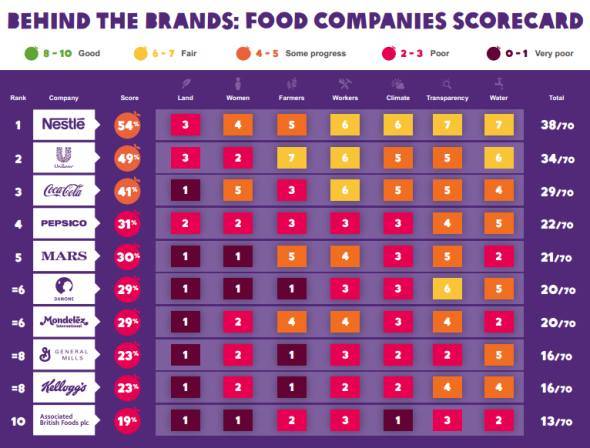
Before sitting at the table, let us always ask ourselves how hungry we actually are: a simple question can reveal a lot of our interiority and our hidden needs.
Don't store avocado like this: it's dangerousAfter a tiring day, whether at work or with your children, you feel such a sense of hunger that, if you aren't careful, you could empty your refrigerator or cupboard without even realizing it. It is normal to be hungry, especially if a lot of energy has been wasted during the day - the important thing is to know how to say enough and stop at the right time before going overeating, or rather in a "binge" regime.
Often, however, it is not so easy to know when to stop eating. As children we knew when we were full and no longer wanted to eat, thanks to a sort of natural instinct. Growing up, however, we have gradually lost this instinct: perhaps we also realize that we are exaggerating, however stress, frustrations, desire for pampering and comfort push us to continue eating.
In these cases, it is very important to fully understand the messages our body is giving us and the signals of hunger. Therefore, creating a "hunger ladder" can help us in this sense: it is, in practice, a matter of imagine your sense of hunger on a scale of 1 to 10 (with 1 indicating an empty stomach and 10 indicating a sense of satiety).
Before we give vent to our appetite, then, let's ask ourselves this simple question: how hungry am I really? If we are very hungry (level 1-2 on the scale), let's try to eat slowly, savoring every bite and enjoying it well: in this way, we will feel fuller sooner and we will not also eat things that we shouldn't. Eating too quickly, in fact, prevents us from recognizing the sense of satiety when we reach it.
The hunger scale can also be useful for understanding what we really need: if our hunger is rather a light peckish (4-6) a hunger-breaker snack, such as a fruit or a handful of nuts and seeds, may be enough.
Finally, if our hunger is almost non-existent (7-10), let's ask ourselves what is driving us towards food: evidently it is a need of another type. Are we eating because we are sad, because we are stressed, because we feel lonely or maybe because we need to fill a void? In this case, we close the refrigerator and go for a walk, open a good book or call an old friend who we haven't heard for a long time.
It is important to ask the question again while we are halfway through the meal, to measure how much we have satiated in the meantime. A changed response (as would be expected) can help us eat less and limit the weight of the binge. In short, we pay attention to what we feel, to our sensations in relation to food, to the needs of our body. Only in this way can we truly eat with taste and without guilt.
Follow your Telegram | Instagram | Facebook | TikTok | Youtube
We also recommend:
- Diet: 5 tests and tricks to understand if you are really hungry
- Is yours emotional hunger? How to stop eating when you feel sad or stressed
- Scientists discover the beneficial effects of consuming red wine on our psyche

























